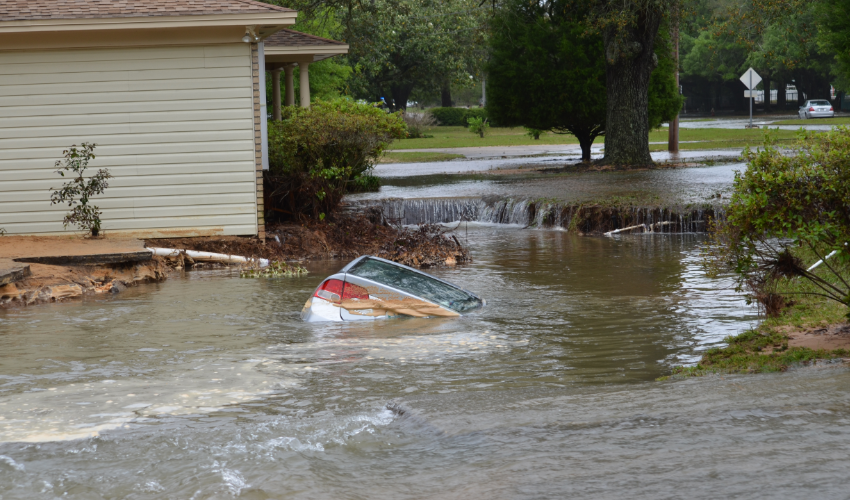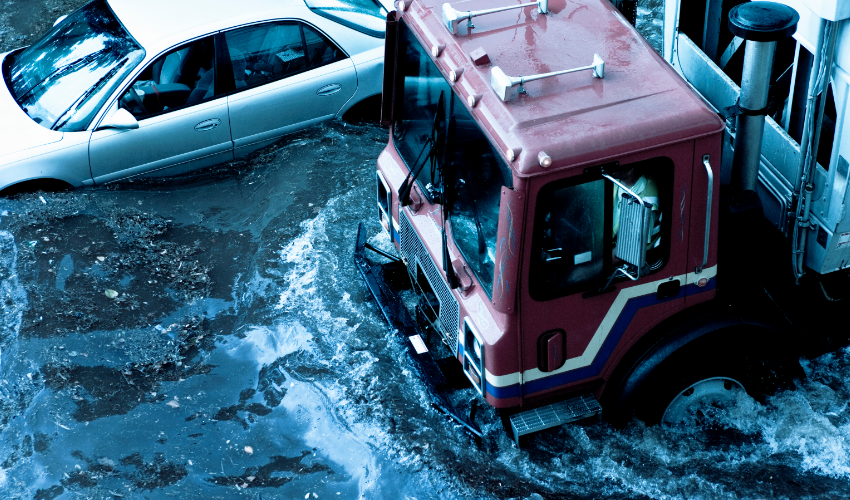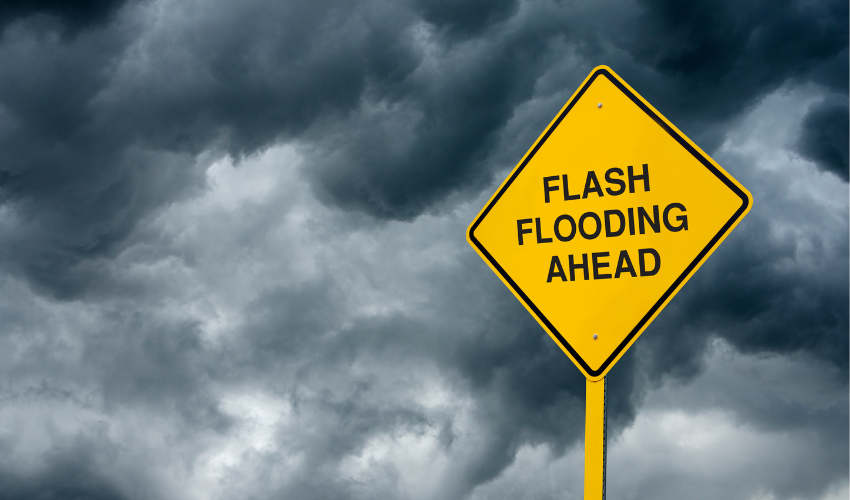Flash floods can occur suddenly and without warning, causing significant damage to communities and homes. It is important to be prepared and to know what to do in the event of a flash flood. In this article, we will discuss the top tips to prepare for a flash flood, what you shouldn’t do before a flood, and the steps to take to minimize damage and stay safe. From staying informed and creating an evacuation plan, to securing your home and elevating important items, we will provide practical information to help you be better prepared. Additionally, we will provide important safety tips, such as avoiding flooded areas and documenting damage, to ensure that you are prepared for a flash flood and can protect yourself and your property. Whether you live in an area prone to flash floods or simply want to be prepared for any type of emergency, this article will provide valuable information to help you stay safe.

Tips to Prepare for a Flash Flood
Flash floods are unexpected and can cause significant damage to communities and homes. Here are some top tips to help you prepare for a flash flood:
- Stay informed: Keep track of weather updates and warnings from reliable sources such as the National Weather Service and local emergency management agencies.
- Create an evacuation plan: Identify evacuation routes, gather important documents, and make arrangements for transportation in advance.
- Secure your home: Store valuable items in a safe place and secure outdoor objects that could become dangerous during a flood.
- Keep emergency supplies on hand: Stock up on food, water, flashlights, batteries, and a first-aid kit.
- Elevate important items: Raise appliances, furniture, and other valuables off the floor to prevent damage from rising water.
- Turn off utilities: If you are instructed to evacuate, turn off the electricity, gas, and water before leaving.
- Avoid flooded areas: Do not drive or walk through flooded roads or streams, as the water can be contaminated and the roadways can be unstable.
- Keep children and pets safe: Make sure children and pets are accounted for and supervised during an evacuation.
- Stay safe during evacuation: Wear protective clothing and sturdy shoes during an evacuation and follow the instructions of emergency personnel.
- Document damage: Take photos of any damage to your property for insurance purposes.
By following these tips, you can be better prepared for a flash flood and minimize the damage to your community and home. Stay informed, evacuate safely, and secure your property.

What you shouldn’t do before a flood
Here are some things you shouldn’t do before a flood:
- Don’t ignore warnings: Don’t dismiss warnings about a potential flood, take them seriously and prepare accordingly.
- Don’t stay in a low-lying area: Don’t stay in areas that are prone to flooding, as they can become dangerous quickly.
- Don’t touch electrical equipment: Don’t touch electrical equipment if you are standing in water or if the equipment is wet.
- Don’t drive through flooded areas: Don’t drive through flooded roads or streams, as the water can be deep and the roadways can be unstable.
- Don’t use generators indoors: Don’t use a generator indoors, as the fumes can be toxic and cause carbon monoxide poisoning.
- Don’t wait to evacuate: Don’t wait to evacuate if you are instructed to do so, evacuate as soon as possible to avoid being caught in the flood.
- Don’t return home until it’s safe: Don’t return home until it is deemed safe by local authorities and the floodwaters have receded.
By avoiding these actions, you can reduce the risk of injury and protect yourself during a flood. Stay safe, evacuate if necessary, and don’t take unnecessary risks.
Сonclusion
In conclusion, flash floods can be devastating, but with proper preparation, you can minimize the damage and stay safe. By following the tips outlined in this article, you can stay informed, evacuate safely, secure your home, and protect your property. Remember to stay away from flooded areas, turn off utilities before evacuating, and document damage for insurance purposes. Keep emergency supplies on hand, elevate important items, and make sure children and pets are accounted for. With these tips in mind, you can be better prepared for a flash flood and respond quickly and effectively to keep yourself and your community safe. Stay informed, be prepared, and stay safe during a flash flood.
